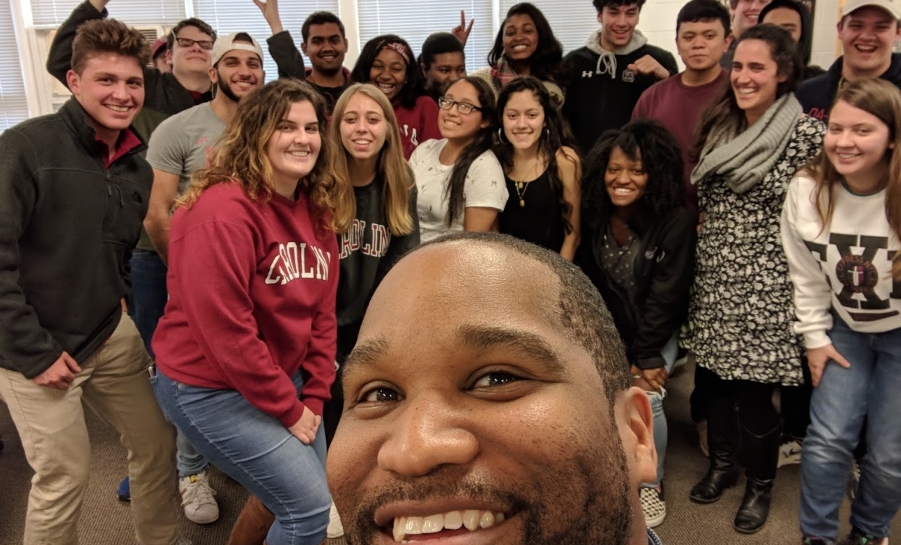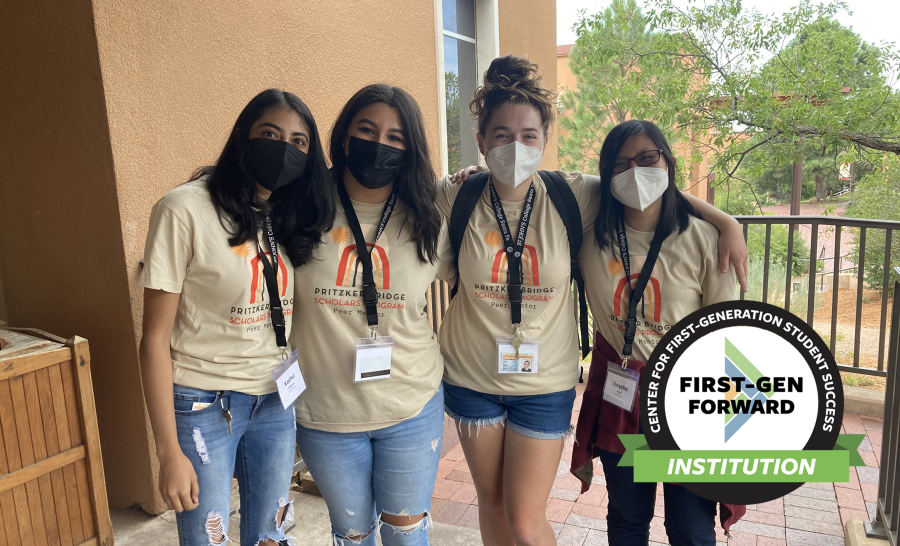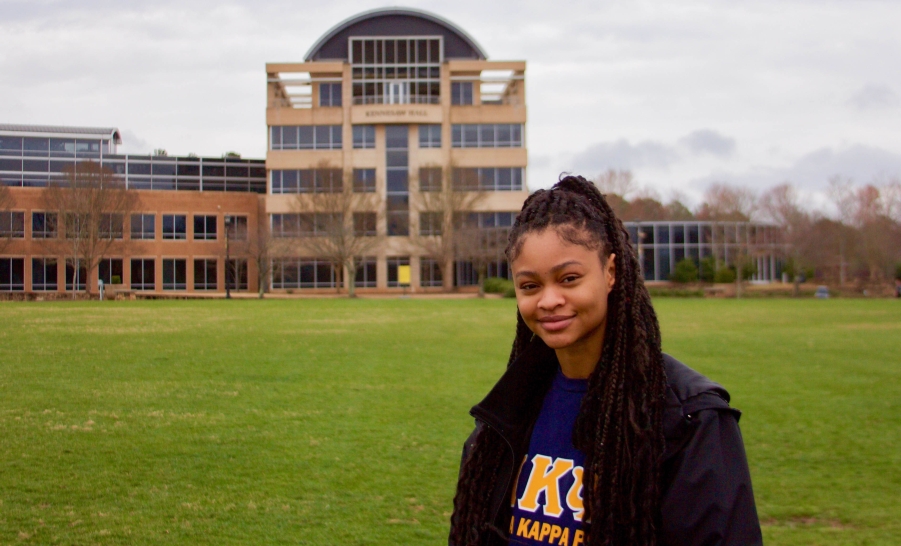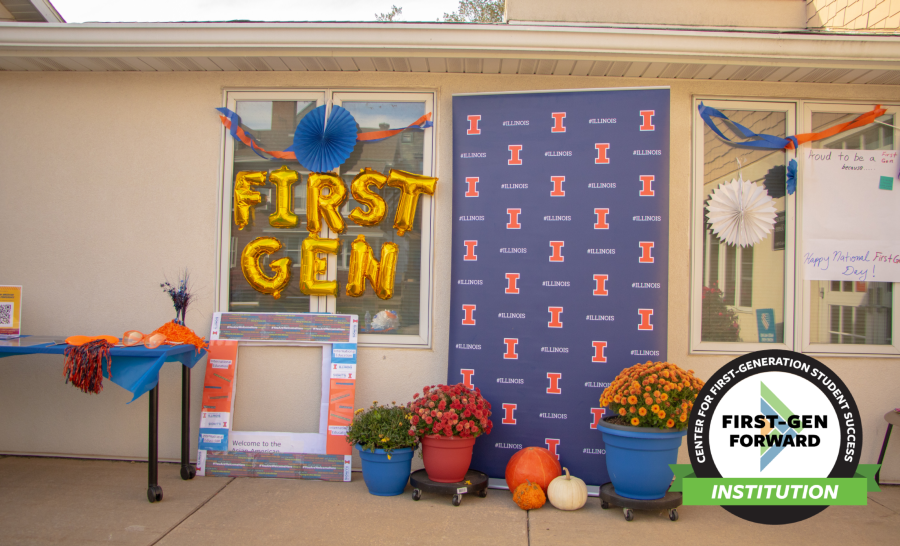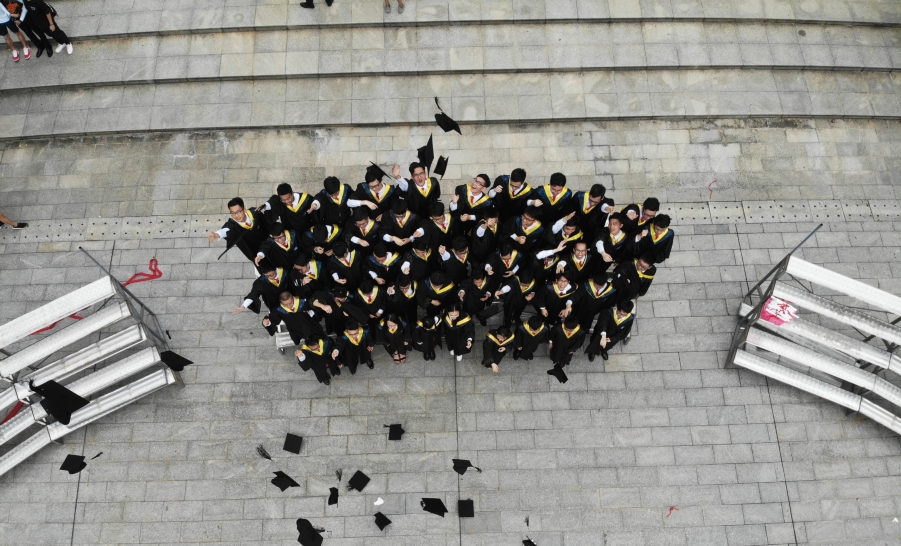Stories Told and Retold: Narrating First-gen Mentorship at the University of Wyoming
Seth Swanner, Ph.D., University of Wyoming / FirstGen Forward / April 07, 2021
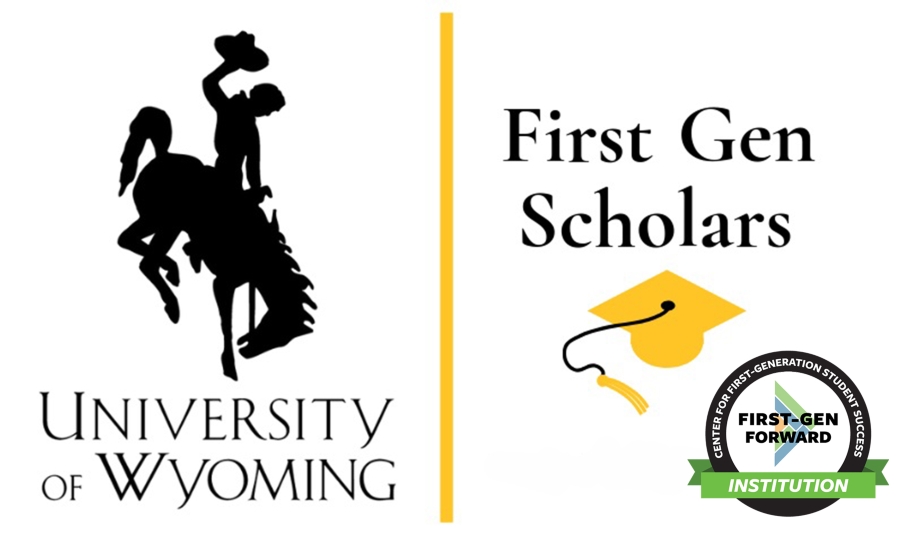
I’d like to start by sharing a personal story.
"Knowing that today I would receive a grade for my first English paper in college, I waited in the back of the room for class to begin."
Maybe it needs sprucing up with a little more detail? Let’s start again…
"Knowing that today I would receive a grade for my first English paper in college, I propped a confident knee against my neighbor’s desk in the frigid room as I waited for class to begin. But when my Professor slid the paper onto my desk, it said simply, 'Not gradable. Needs a rewrite. See me after class.' My knee slipped."
Okay, so they weren’t lying when they said first-person is the hardest way to write. Let’s start again…
"Seth, knowing that today he would…"
You know what? Sorry. Let’s just start again…
My name is Seth Swanner, and I’m a Lecturer at the University of Wyoming (UW). My colleagues and I in the Learning Resource Network offer support services to students, including first-generation college students through our First Gen Scholars programs.
We want to multiply the ways in which students think of themselves so that they don’t get stuck in the destructive narrative loop of 'I don’t belong here. I’m an imposter.'
This year, we piloted a mentoring program that matched first-generation college students with UW faculty and staff. Despite the pandemic, we launched with all the bells, whistles, and training needed to get a program like this off the ground. I’d never led a training like this before, so getting myself off the ground was a bit of a challenge. Even still, I had always known at least one thing to tell my mentors and mentees: When at a loss of what to talk about, tell a story!
The LeaRN Program at UW has a fantastic working relationship with the English department, so, like the First-Gen Forward institution University of Hawaiʻi at Mānoa, we are interested in the stories first-generation college students tell. As a first-gen college student myself, I know that it is sometimes quite difficult for a first-gen student to integrate the stories they tell about themselves into higher ed institutions.
With this in mind, we surveyed first-gen students in our mentoring program about the most effective archetypes of stories that mentors and mentees shared when connecting with each other during their first semester of meetings. Of the five archetypes of stories we tested, “Stories about one’s personal life” and “Stories about choosing one’s professional career or academic major” scored particularly high. Initial findings suggest, then, that first-gen students crave academic and professional mentorship alongside organic, personal connections.
Of course, not all first-gen stories promote a healthy sense of belonging and connection. Indeed, the story with which I opened this blog promoted feelings of pain, disappointment, and shame. But as a literary scholar, I also know that stories are complex and fungible. We are thus also interested in determining why particular stories are effective for first-gen students in order to encourage mentors and mentees to think about their stories differently and in multifold ways, perhaps in different lights, perhaps told with different “morals of the story” in mind. We want first-gen students to see the ways in which they and their stories are narratively compatible with their lives at college.
This does not mean, of course, that we want students to “overwrite” their painful college experiences into more “positive” stories. Indeed, my own painful stories are important to me in different ways. Rather, we want to multiply the ways in which students think of themselves so that they don’t get stuck in the destructive narrative loop of “I don’t belong here. I’m an imposter.” For my own academic history, this meant starting, then restarting, then restarting again the various stories I told about myself.
First-gen students crave academic and professional mentorship alongside organic, personal connections.'
Here, for example, are different “morals” of the story above. All are told differently, all have different takeaways, but all of them are true.
“I sometimes tell the story about my first English paper to my friends in order to demonstrate how I was wholly unprepared for college.”
But let’s start again…
“I often tell my own students the story to demonstrate that they can succeed even if the first semester doesn’t go particularly well.”
But let’s start again…
“I tell my faculty colleagues the story as a negative example of how I try to be very clear in my assignment sheets, lest I ever have to write ‘Not gradable. Needs a rewrite.’”
But let’s start again…
“I tell myself the story as a positive example of how to mentor a student, and here’s why: In my four years of college, this professor never gave me an A. But they were always willing to support me, to walk me through the ins and outs of college, and to simply chat with me after class. In this way, even the dreaded “See me after class” took on a different, more welcoming narrative light.”
Through expanded mentoring and continued exploration of important first-generation stories, we hope to help UW students feel a sense of belonging, both in the stories they trade with their mentors and in the ways they see themselves as vibrant anthologies of stories told and retold.
For more information on the University of Wyoming’s approach, please visit their website here.
